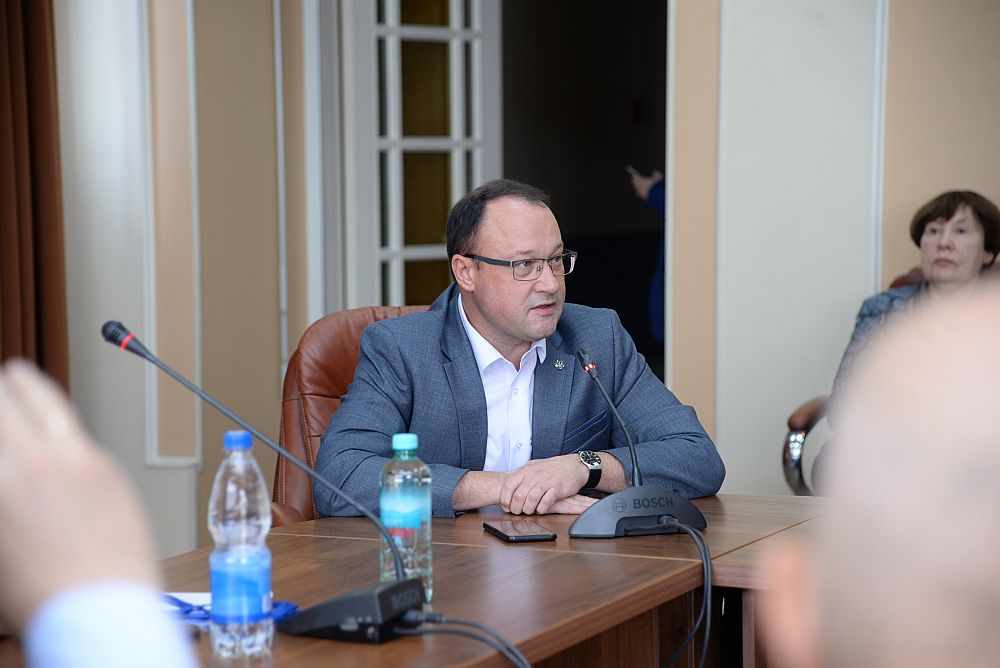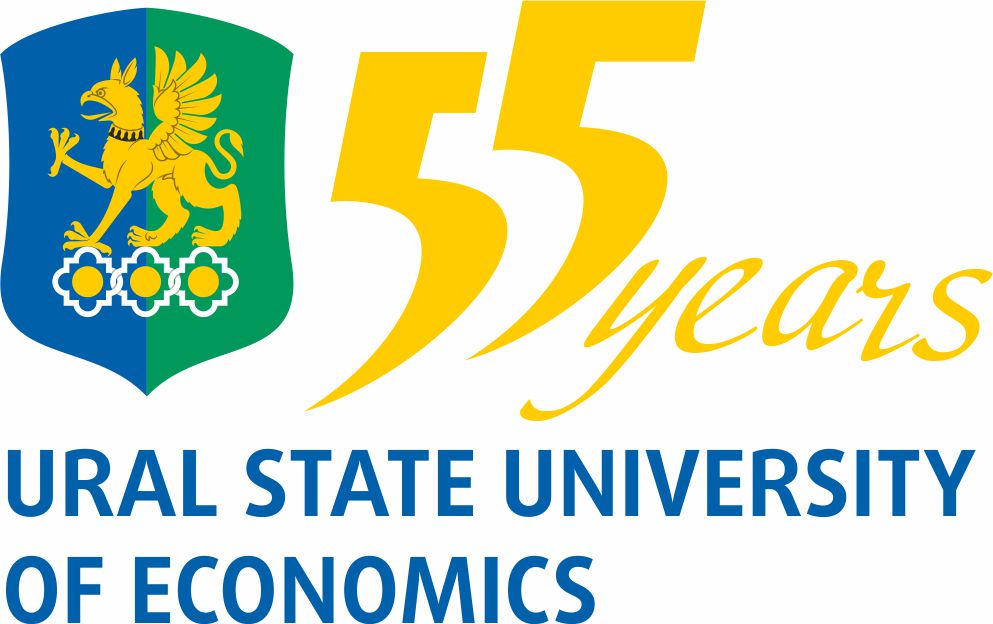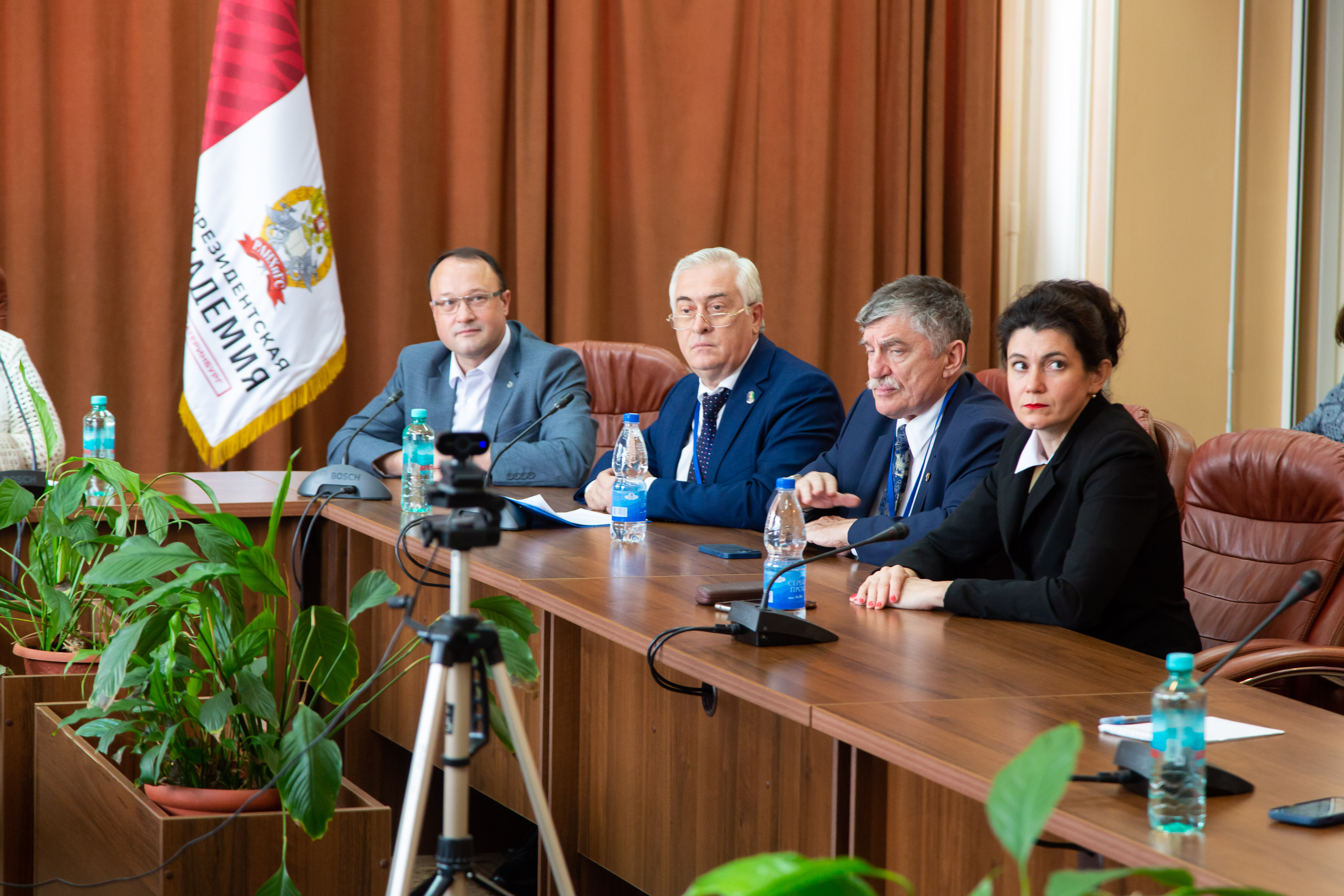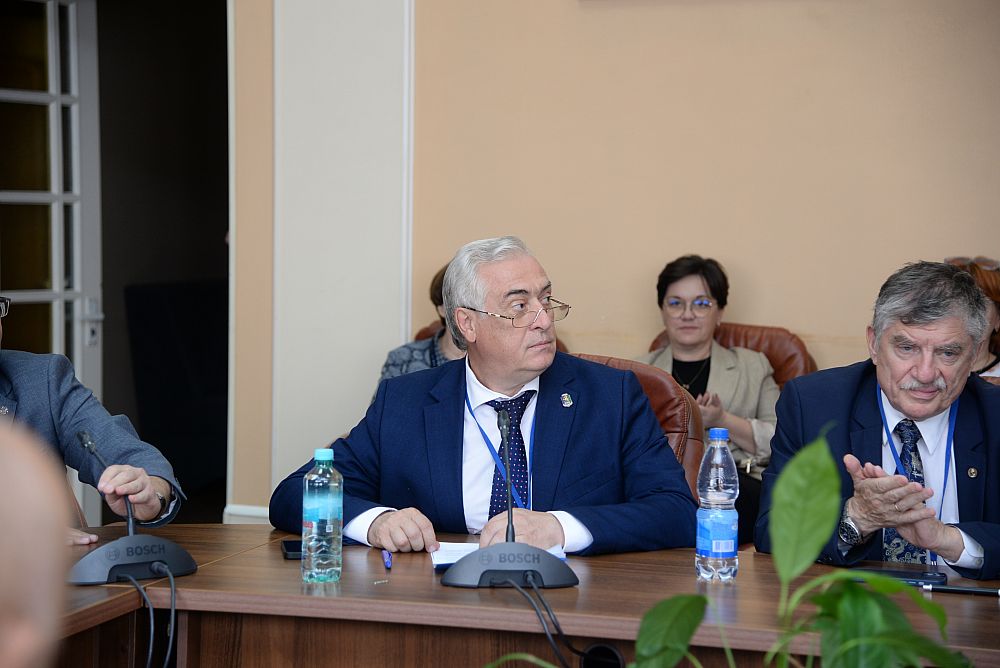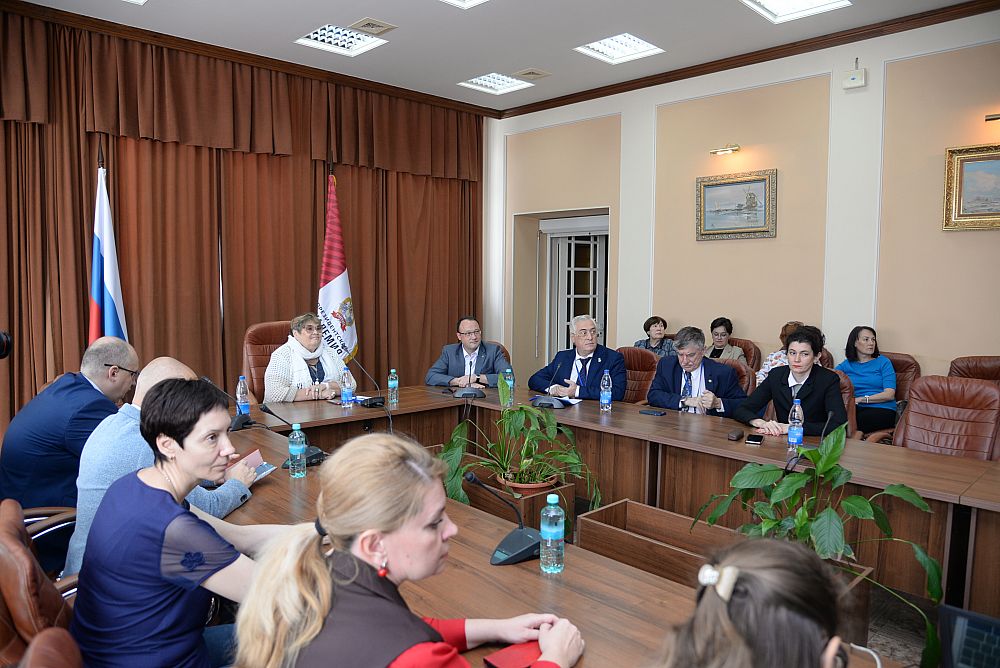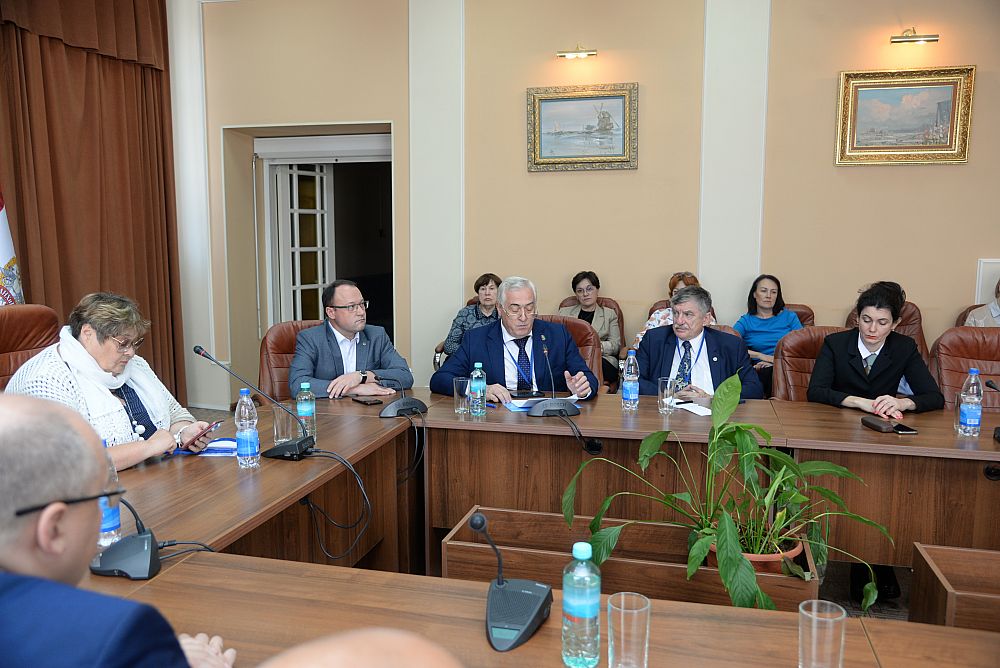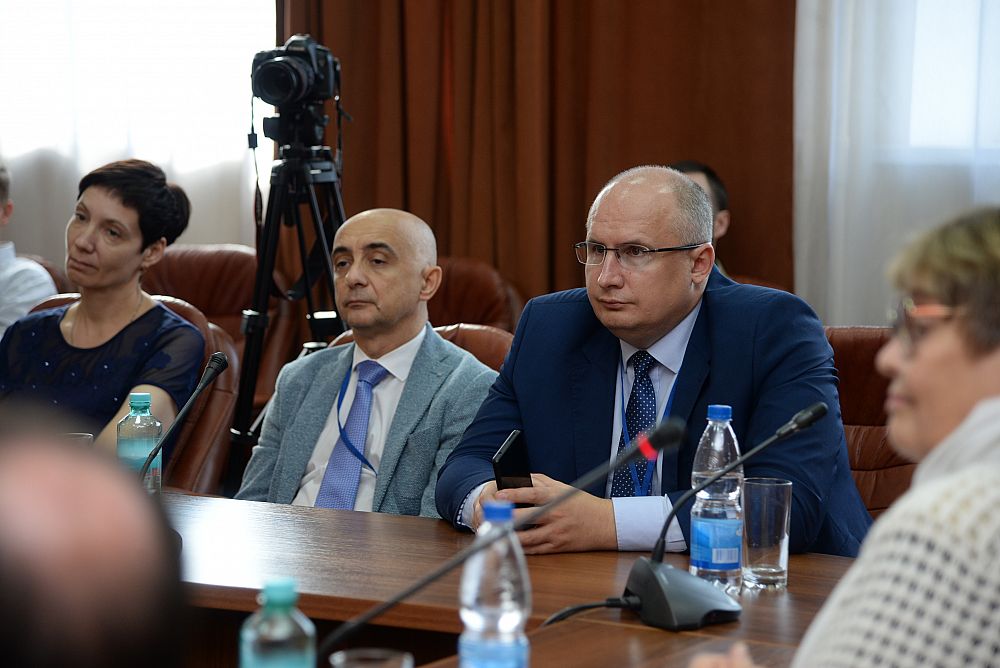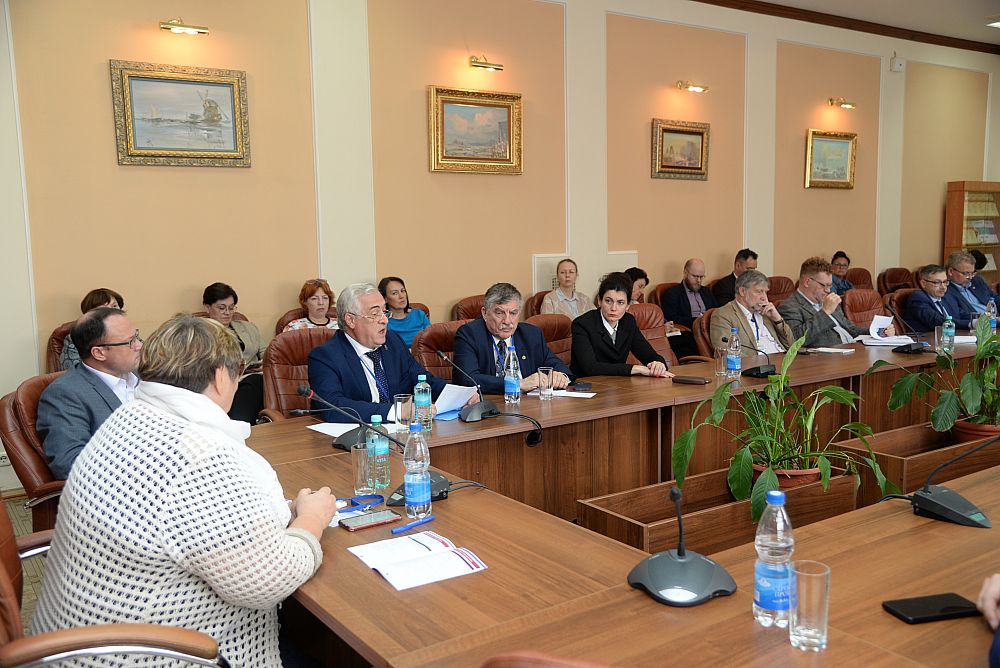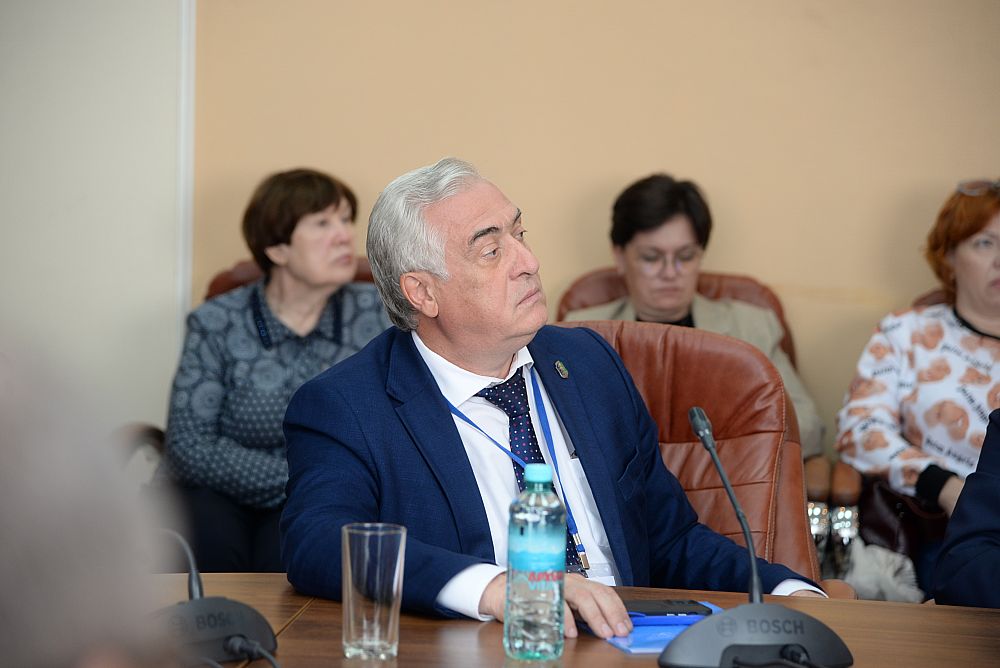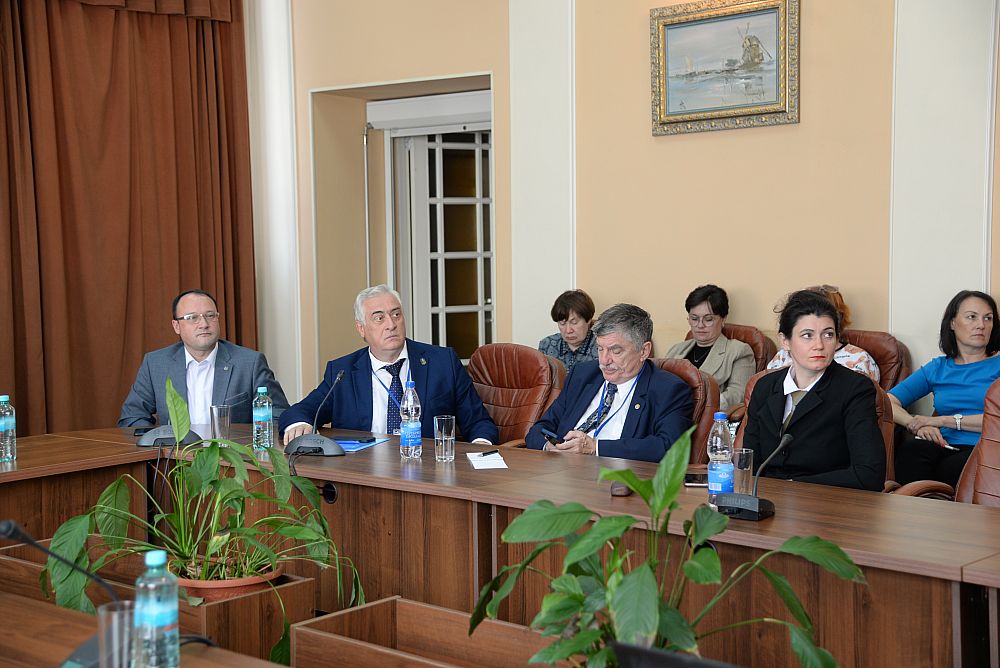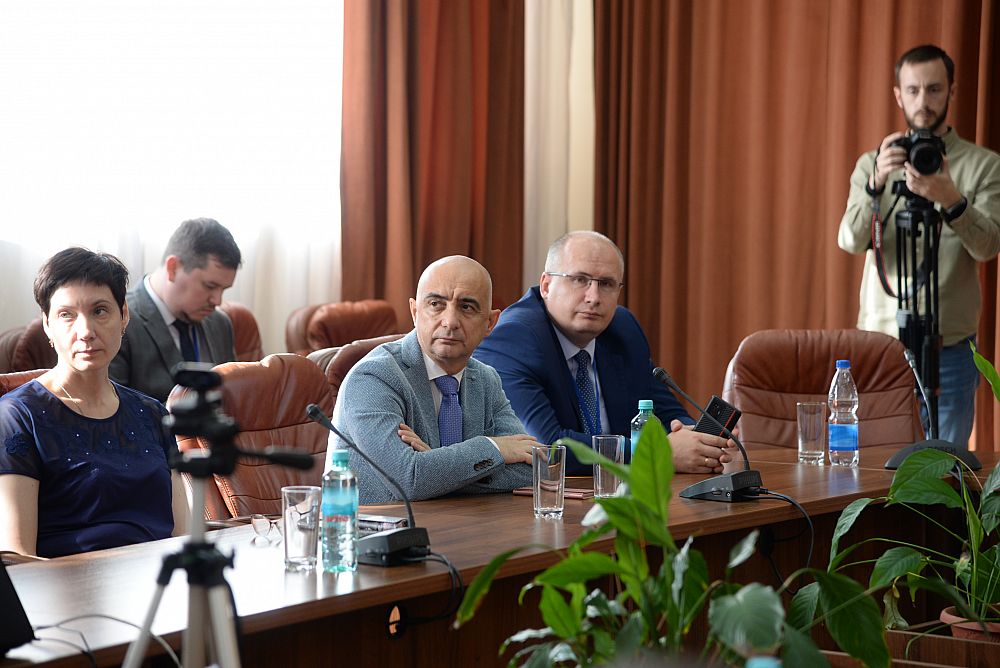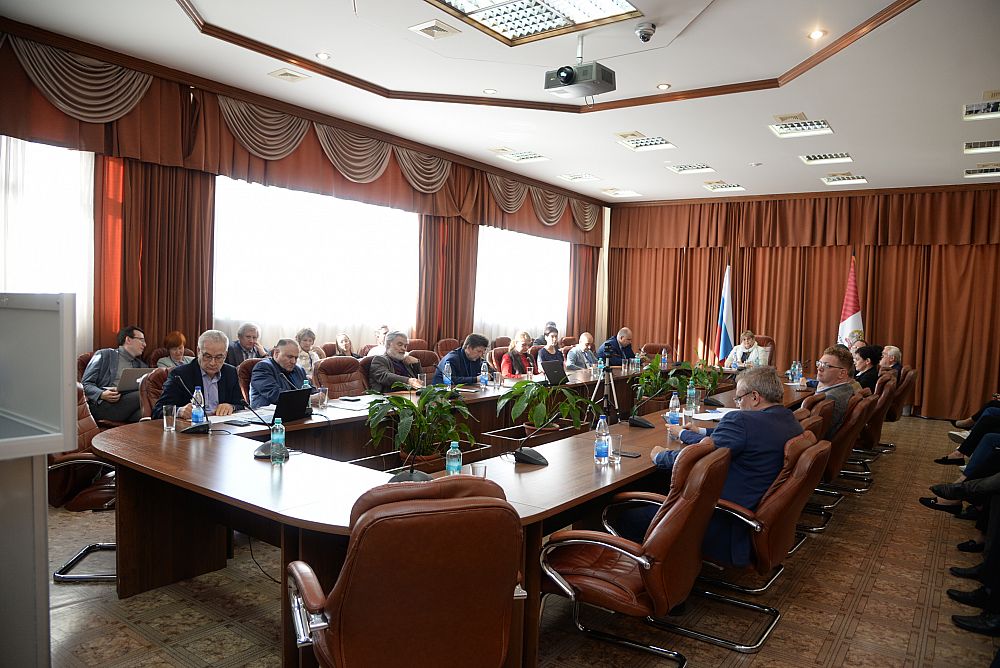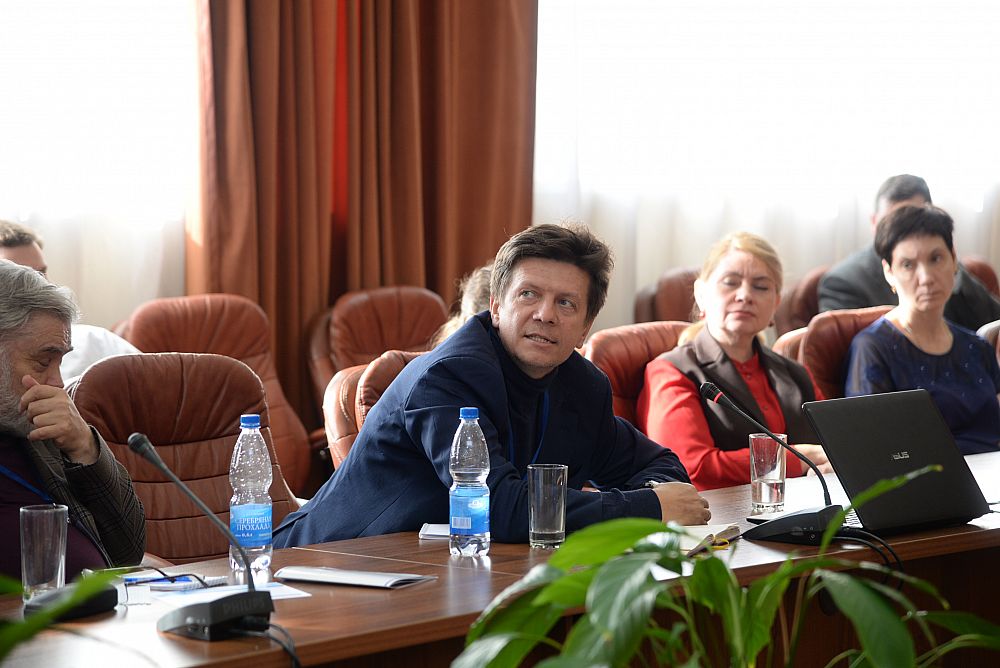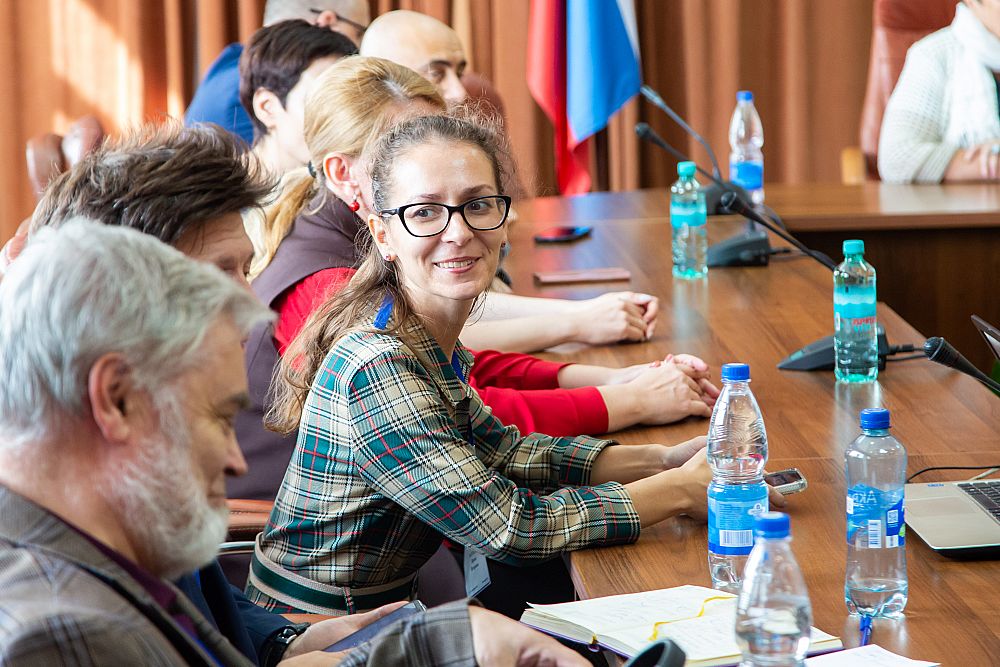 See other releases of corporate mass media
See other releases of corporate mass media
To teach in a new way following new tasks
Reforms of Russian education were discussed by participants of the V Russian Economic Forum, which is taking place these days in Yekaterinburg.
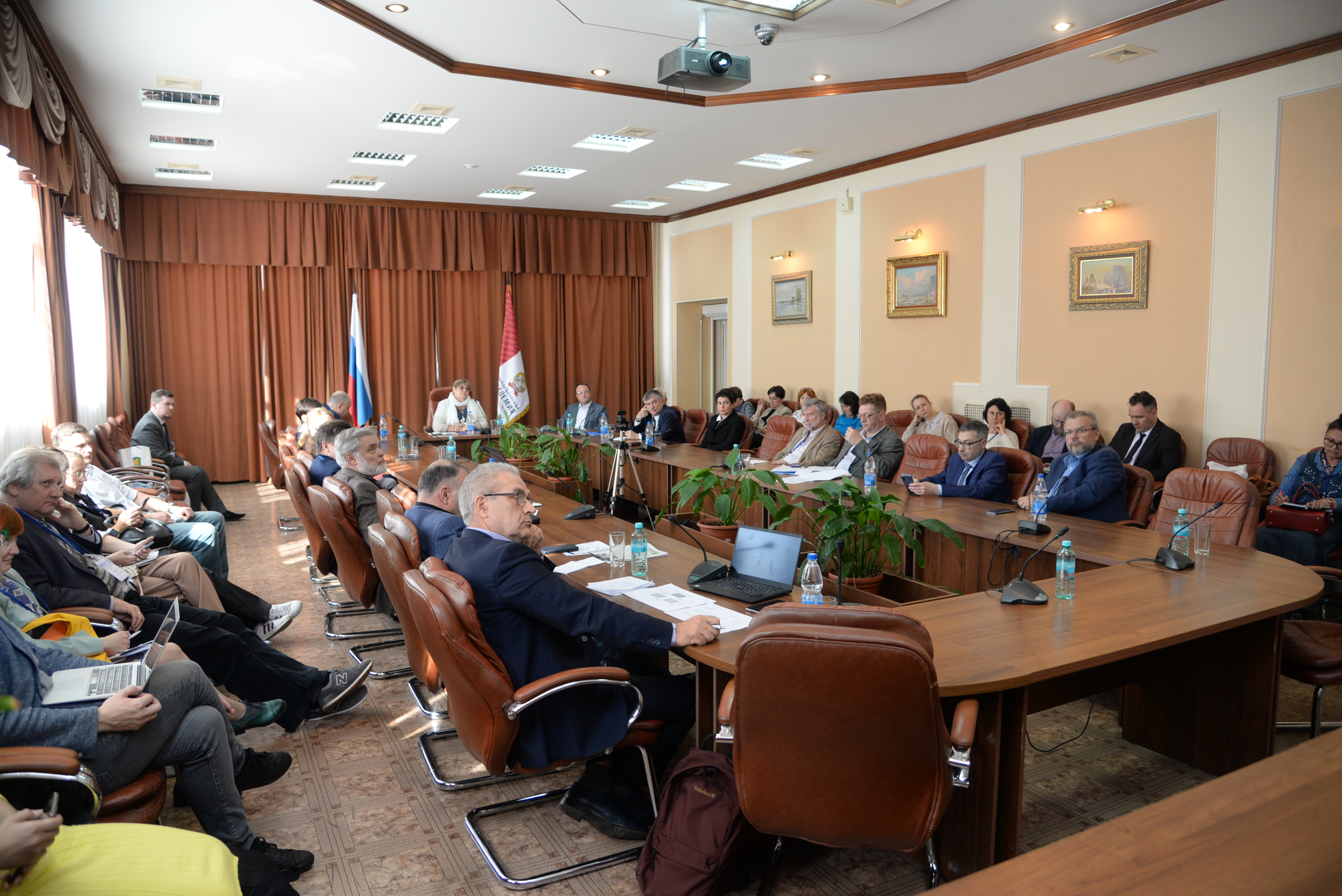
Deputy Minister of Science and Higher Education of Russia, Dmitry Afanasyev, reminded university representatives that the 2023-24 academic year became a pilot project for six Russian universities to test the transition to a new education system. During the reform, the role of the Master’s degree courses will change. It will no longer be abbreviated “second higher” education. It will not be possible to enter a master's program, for example, in Management, having, say, a history degree. It will require re-mastering a bachelor's degree program, or a special retraining program. The role of postgraduate school will also be consolidated as a separate stage in the preparation and defense of PhD dissertations by young scientists.
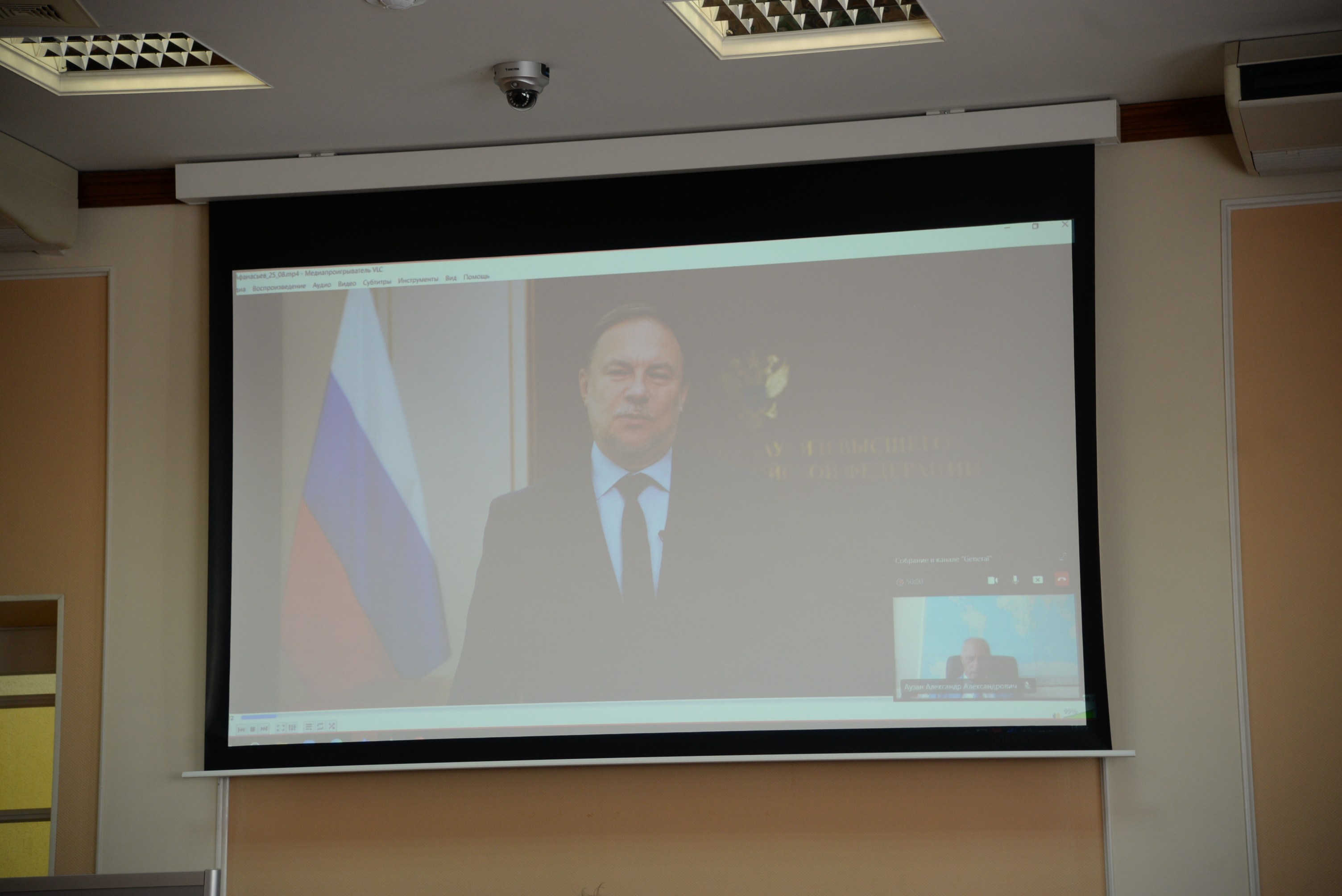
USUE Rector Yakov Silin made a proposal to take a more bold approach to changes in economic education, to expand the basic knowledge of the subject not only for students of specialized specialties, because young people’s understanding of economic processes is not only a matter of applied and everyday knowledge, but also a matter of the values of the society, which they are members of.
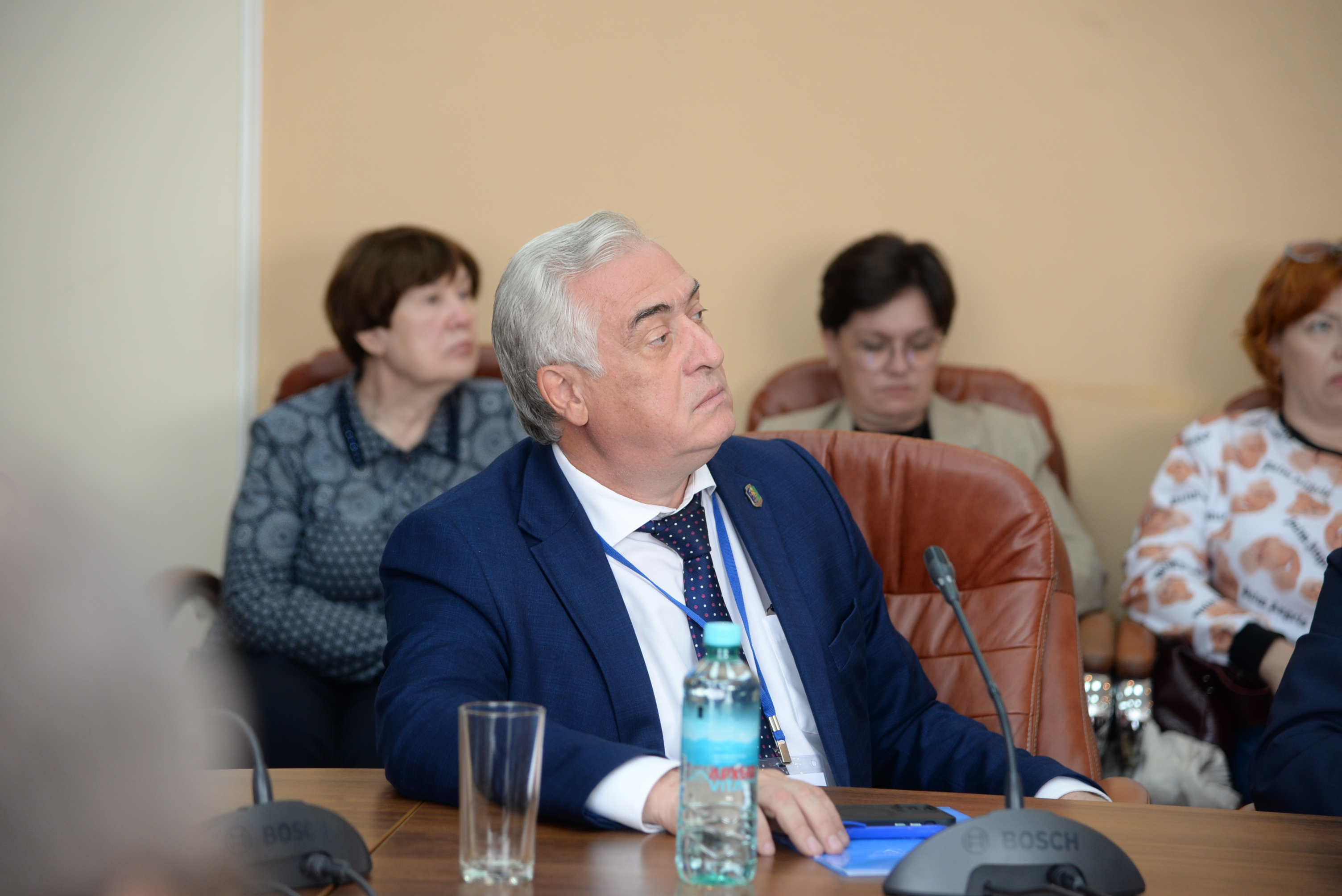
“It is necessary to give students a complete picture of the world, which includes not only Western theories, but also the experience of other countries of the world and promising domestic developments: Kondratiev’s theory of economic cycles, Glazyev’s technological structures, Bodrunov’s noonomics,” Yakov Silin believes. “We have a serious shortage of young specialists in economic theory. It is they who will be responsible for the future of the country's economy. And their knowledge should be appropriate.”
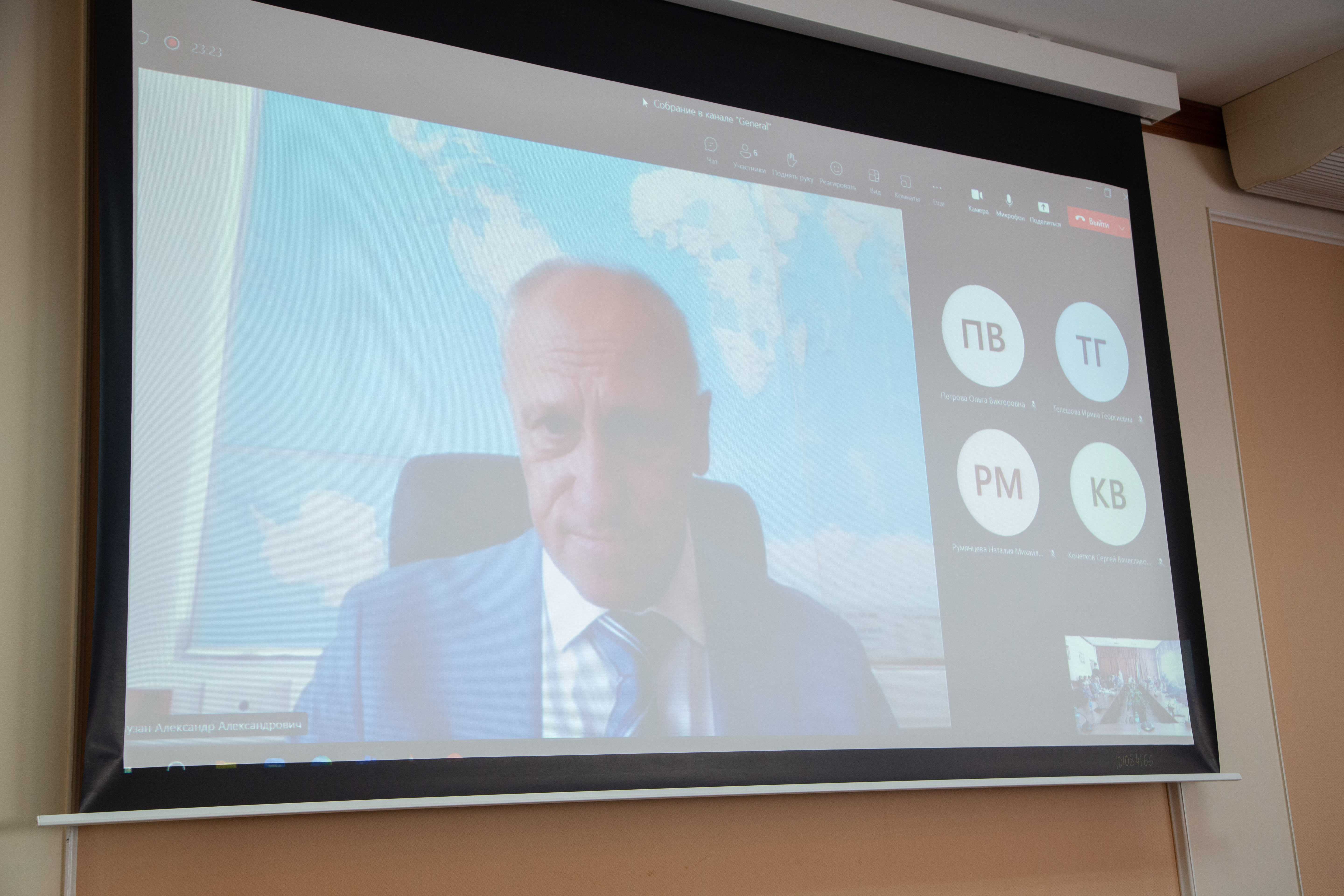
The dean of the Faculty of Economics of M.V. Lomonosov Moscow State University, Alexander Auzan, in response to this proposal, noted that, are taught during the fall, monitoring would take place among the country’s universities to determine what courses and what textbooks are offered to Russian students. Deputy Minister of Science and Higher Education, Olga Petrova, confirmed that an example of introducing qualitative changes into university curricula already exists. This is the introduction of the discipline Fundamentals of Russian Statehood in the 2023-24 academic year, which has already covered over 80% of all university students.
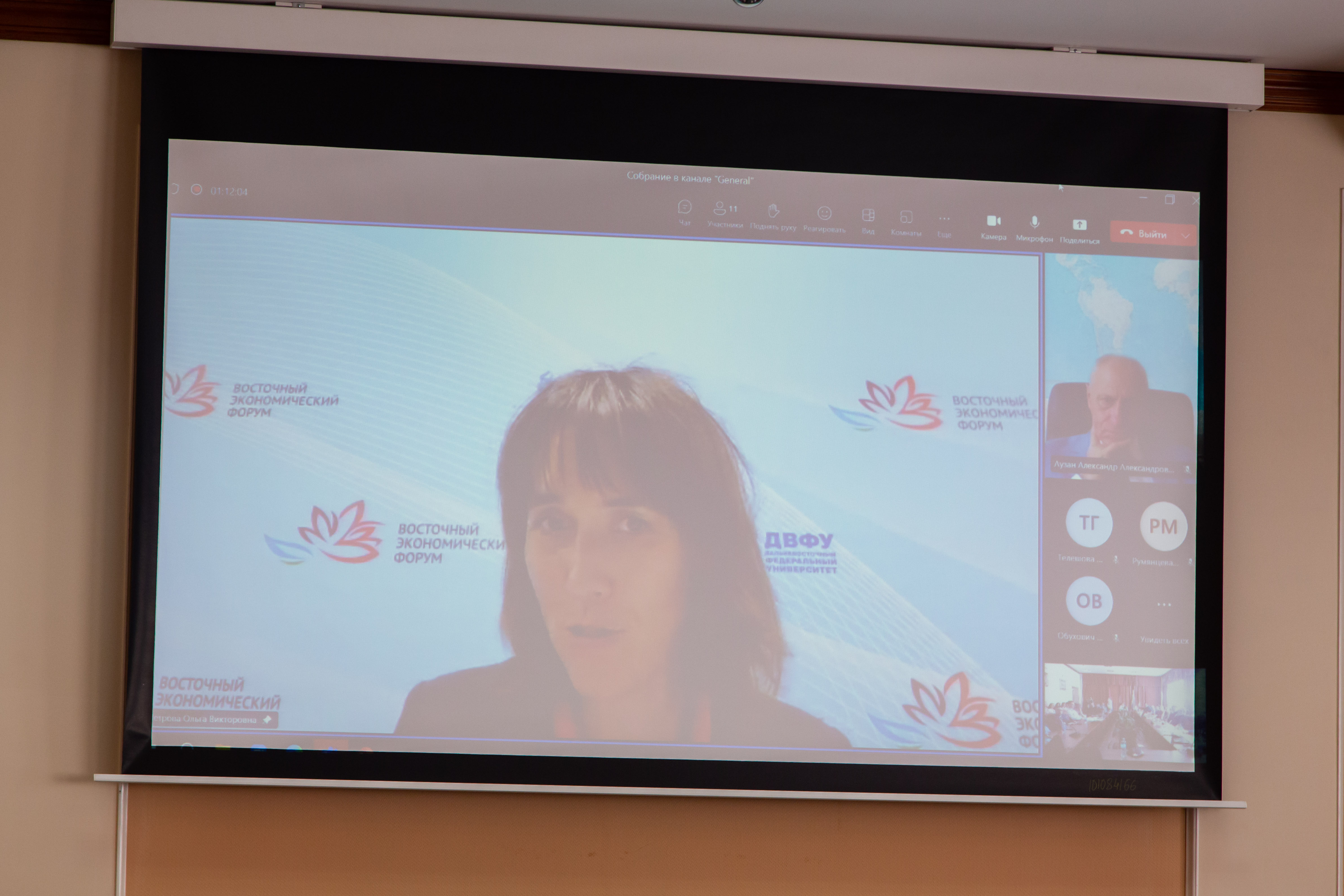
The final consolidation of the innovations of the current educational reform should be run by September 1, 2025, when the vast majority of students will switch to new learning standards. In the next two years, the educational system will form the methodological and legal basis for new standards.
Photo gallery:
